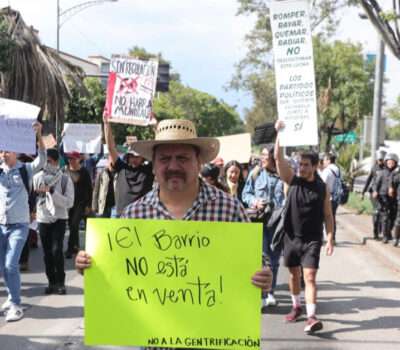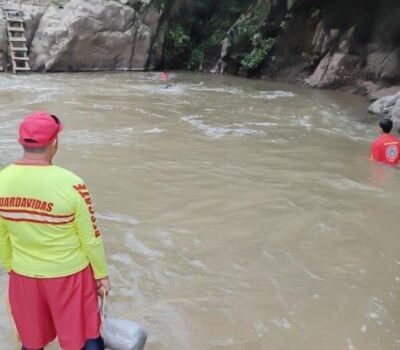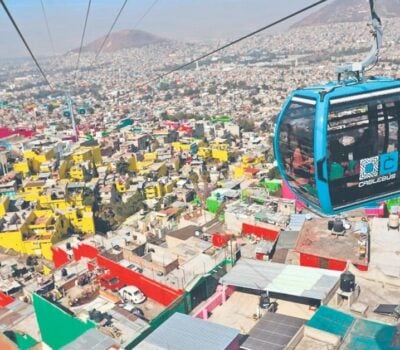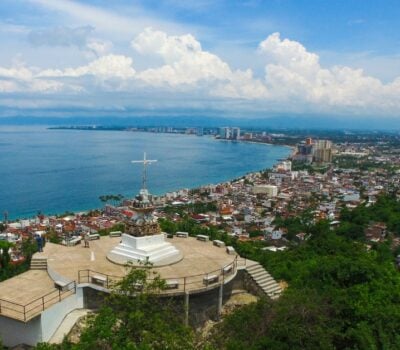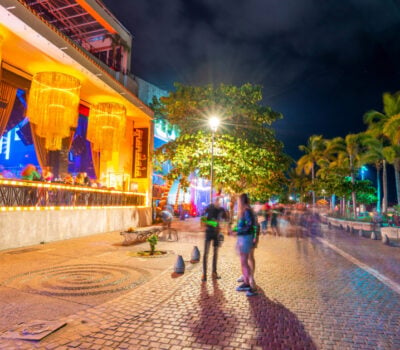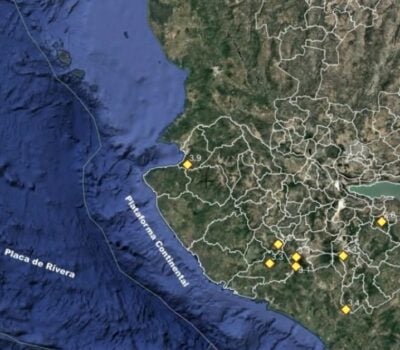The La Paz municipal government has launched an expanded training program for rural entrepreneurs, offering workshops in business planning, digital marketing, and sustainable practices to foster local economic growth.
The La Paz municipal government has stepped up its support for local enterprise with an expanded capacity-building program aimed at rural entrepreneurs. Announced on June 10, the initiative provides hands-on workshops, one-on-one mentoring, and access to digital tools for small-scale producers and service providers in outlying communities. By focusing on practical skills—from drafting business plans to leveraging social media—the program seeks to strengthen incomes, generate jobs, and encourage sustainable practices across the municipality’s rural zones.
Under the new model, participants enroll in a series of modular training sessions held at neighborhood community centers. Each module covers a core aspect of running a microenterprise: market analysis, branding, budgeting, e-commerce strategies, and eco-friendly production methods. Trainers include local business leaders, university professors, and representatives from partner NGOs, ensuring a mix of academic insight and on-the-ground experience. The curriculum’s flexibility lets entrepreneurs choose the topics most relevant to their ventures, whether they grow specialty crops, operate artisanal workshops, or offer rural tourism services.
Digital inclusion plays a central role. Through collaboration with the municipal technology office, attendees gain free access to online platforms for marketing and sales. Courses demonstrate how to set up a basic website, manage social-media profiles, and use e-payment systems. Participants also receive guidance on search-engine optimization and online customer engagement—skills that help small brands reach customers beyond their immediate region. By integrating “rural entrepreneur training” into both the title and meta description, the municipal press aims to highlight the program’s digital focus and improve its visibility in search results.
Beyond technical skills, the program fosters a community of practice. Monthly networking events bring together graduates to share successes and troubleshoot challenges. These gatherings often feature “flash pitches,” where entrepreneurs present new products or services and receive feedback from peers and mentors. Early participants have reported partnerships that might never have emerged otherwise—one pottery maker teamed up with an organic farm to co-create branded gift baskets, while a local guide joined forces with a palapa vendor to offer combined cultural-culinary tours.
Feedback from the field has been enthusiastic. María López, who runs a honey cooperative in El Centenario, said the workshops clarified her financial records and helped her negotiate fairer prices with regional distributors. “Before, I just sold jars at the market without tracking expenses,” she noted. “Now I know my costs, my margins, and how to promote my brand online. Sales have increased 30 percent in one month.” Stories like hers underscore the program’s goal: empower residents to turn traditional skills into sustainable livelihoods.
The municipal government is also piloting a micro-grant scheme for graduates who complete all core modules. Grants of up to 10,000 pesos cover equipment upgrades, marketing materials, or small facility improvements. Recipients submit brief proposals outlining how funds will boost production or sales. This seed funding ensures that newly acquired skills translate into tangible business growth. Officials reported that the pilot round received over 50 applications, reflecting strong interest and unmet demand for capital in rural areas.
Sustainability is woven through every aspect. Trainers introduce principles of waste reduction, water conservation, and local sourcing. For producers working with natural resources—such as fishermen or woodworkers—dedicated sessions explore how to balance profitability with environmental responsibility. By embedding eco-practices early on, the program aims to preserve the natural assets that underpin much of La Paz’s rural economy.
Looking ahead, the city plans to expand training hubs to additional communities and offers a mobile unit for remote areas with limited internet connectivity. A mentorship hotline will connect entrepreneurs with technical experts on call for quick advice. As the program scales, municipal officials anticipate measurable impacts: higher average incomes, growth in rural-based enterprises, and increased diversification of the local economy outside the urban core.
This concerted effort marks a new chapter for La Paz’s rural development strategy. By equipping individual entrepreneurs with both modern business tools and sustainable practices, the municipality is building a more resilient economic landscape—one where small producers can thrive on their own terms and share the benefits of growth with their communities.





